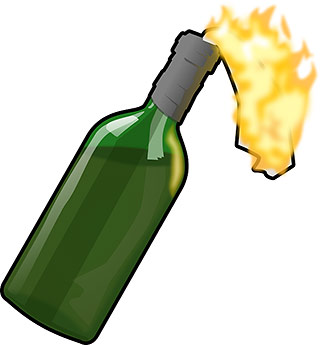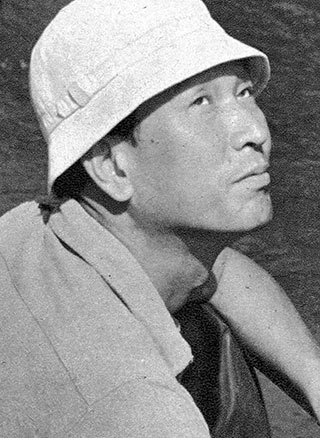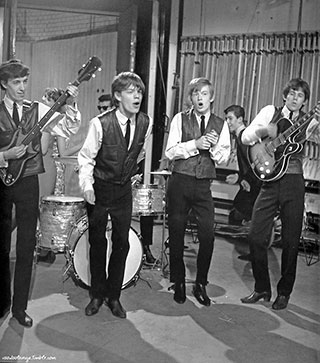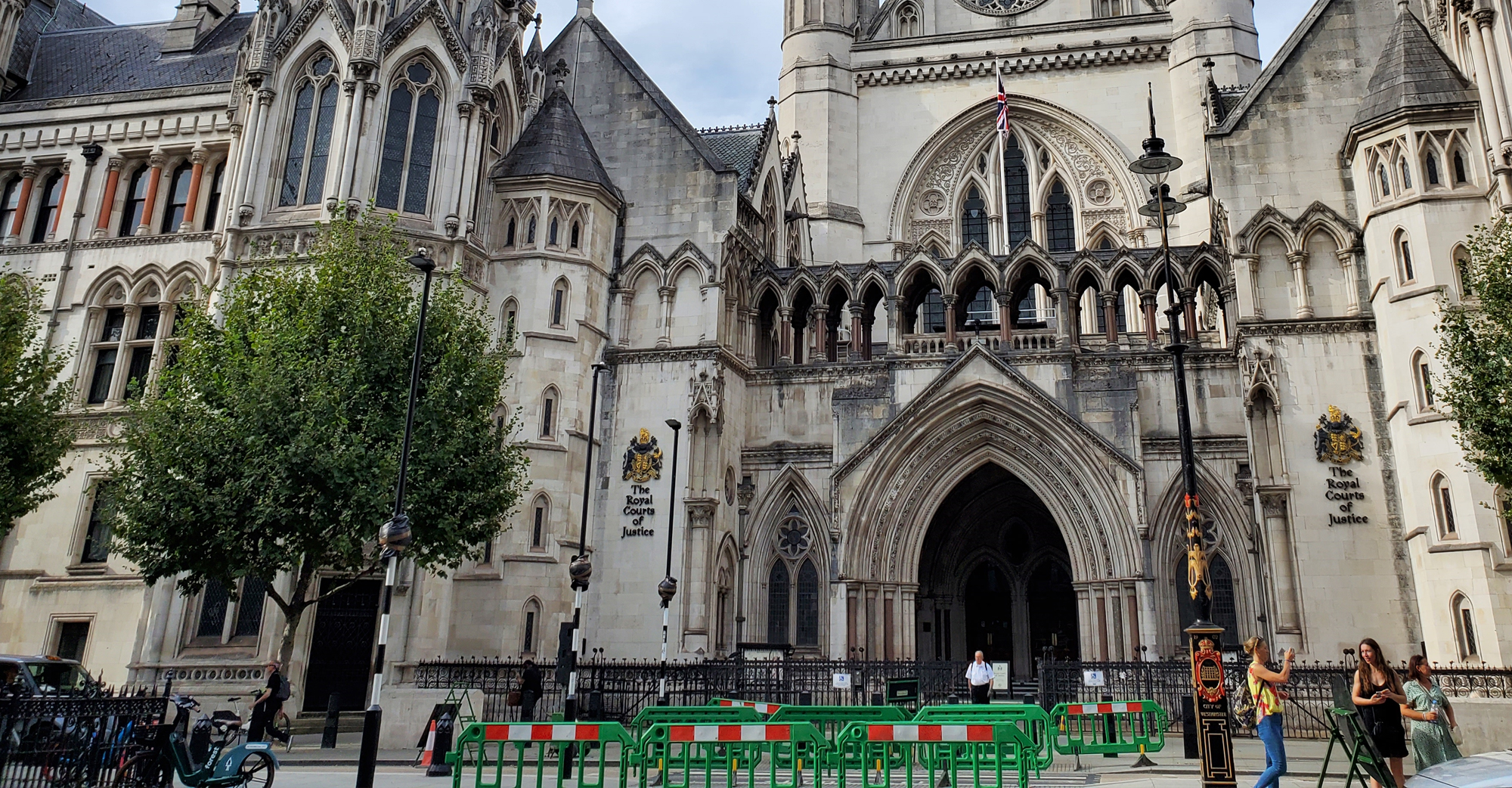Name the film that Akira Kurosawa directed in Siberia. Which Rolling Stone was hired for his Vox amplifier? These questions and more are addressed in Traveling Boy’s 29th installment of Global Travel Trivia Games. No one will see your answers except for you.
Global Trivia 29
You have multiple choices. An explanation and a reference comes after every question. There is no fixed order so you can choose from any of the boxes. The SHADED BOXES are what you already answered. Your final score is at the END. Don't hit REFRESH unless you want to start all over. This is part of a continuing series in Traveling Boy.
Start
Congratulations!
You have completed Global Trivia 29.

You scored %%SCORE%% out of a possible 5 points.
Your performance was: %%RATING%%
Your answers are highlighted below.
Question 1 |

Where is the former Imperial capital of Vietnam located?
A | Ha Long Bay |
B | Hanoi |
C | Hue |
D | Mekong Delta |
E | Saigon |
Question 1 :
ANSWER: C. Hue
Located on the banks of the Perfume River, Huế is a city in central Vietnam that was the capital of Đàng Trong from 1738 to 1775 and of the Nguyen Dynasty from 1802 to 1945. Its vast, 19th-century citadel is surrounded by a moat and thick stone walls. It encompasses the Imperial City, with palaces and shrines. Much of Huế was destroyed by U.S. bombers during the last stages in what is called in Vietnam, “The American War” (1955 to 1973), but the Imperial Palace remains.
Located on the banks of the Perfume River, Huế is a city in central Vietnam that was the capital of Đàng Trong from 1738 to 1775 and of the Nguyen Dynasty from 1802 to 1945. Its vast, 19th-century citadel is surrounded by a moat and thick stone walls. It encompasses the Imperial City, with palaces and shrines. Much of Huế was destroyed by U.S. bombers during the last stages in what is called in Vietnam, “The American War” (1955 to 1973), but the Imperial Palace remains.
Question 2 |

Today, one-third of the English language is derived from this nation.
A | Belgium |
B | Denmark |
C | France |
D | Italy |
E | Spain |
Question 2 :
ANSWER: C. France
About one-third of all English words are derived directly or indirectly from French, and it's estimated that English speakers who have never studied French already know 15,000 French words. There are more than 1,700 true cognates, words that are identical in the two languages.
When William the Conqueror led the Norman conquest of England in 1066, he and the other invaders spoke “Old Norman,” also known as "Old Northern French." This developed into the unique dialect, “Anglo-Norman” or “Anglo-French,” which was spoken by royalty, aristocrats, officials - some of whom couldn’t speak English at all. It soon spread to the growing bourgeoisie. The royal coat of arms of the United Kingdom still features in French the mottos of both the British Monarch, Dieu et mon droit ("God and my right"), and the Order of the Garter, Honi soit qui mal y pense ("Shamed be he who thinks evil of it"). Dieu et mon droit was first used by Richard I (who spoke French but not English) in 1198 and adopted as the royal motto of England in the time of Henry VI. Thousands of French words entered the English language, and have been used widely enough to influence English vocabulary permanently.
About one-third of all English words are derived directly or indirectly from French, and it's estimated that English speakers who have never studied French already know 15,000 French words. There are more than 1,700 true cognates, words that are identical in the two languages.
When William the Conqueror led the Norman conquest of England in 1066, he and the other invaders spoke “Old Norman,” also known as "Old Northern French." This developed into the unique dialect, “Anglo-Norman” or “Anglo-French,” which was spoken by royalty, aristocrats, officials - some of whom couldn’t speak English at all. It soon spread to the growing bourgeoisie. The royal coat of arms of the United Kingdom still features in French the mottos of both the British Monarch, Dieu et mon droit ("God and my right"), and the Order of the Garter, Honi soit qui mal y pense ("Shamed be he who thinks evil of it"). Dieu et mon droit was first used by Richard I (who spoke French but not English) in 1198 and adopted as the royal motto of England in the time of Henry VI. Thousands of French words entered the English language, and have been used widely enough to influence English vocabulary permanently.
Question 3 |

Where is the name "Molotov cocktail" derived from?
A | Commissar for Soviet Union Foreign Affairs |
B | Lethal cocktail at Studio 54 |
C | Mix of burning lava and iron spears |
D | Spiced Vodka served on fire |
E | Ukrainian Guitarist Molotov “Sonic” Vyacheslav |
Question 3 :
ANSWER: A. Commissar for Soviet Union Foreign Affairs
The name "Molotov cocktail" is derived from Vyacheslav Mikhailovich Molotov, the People's Commissar for Foreign Affairs of the Soviet Union. They were used for the first time in the Spanish Civil War between July 1936 and April 1939, before they became known as "Molotov cocktails." To be honest, not really sure why it’s Vyacheslav Mikhailovich Molotov.
A Molotov cocktail consists of a glass bottle partly filled with a flammable liquid. The liquid will typically be gasoline, alcohol, methanol or ethanol. The mouth of the bottle is closed with a cork or other type of tight sealing made of rubber, glass, or plastic, and a cloth rag is fixed securely around the mouth. The weapon is used by first soaking the rag in a flammable liquid immediately before using it, lighting the rag, and throwing the bottle at the target. The bottle breaks when it lands, spilling the flammable liquid over the target, which is then ignited by the burning rag.
The name "Molotov cocktail" is derived from Vyacheslav Mikhailovich Molotov, the People's Commissar for Foreign Affairs of the Soviet Union. They were used for the first time in the Spanish Civil War between July 1936 and April 1939, before they became known as "Molotov cocktails." To be honest, not really sure why it’s Vyacheslav Mikhailovich Molotov.
A Molotov cocktail consists of a glass bottle partly filled with a flammable liquid. The liquid will typically be gasoline, alcohol, methanol or ethanol. The mouth of the bottle is closed with a cork or other type of tight sealing made of rubber, glass, or plastic, and a cloth rag is fixed securely around the mouth. The weapon is used by first soaking the rag in a flammable liquid immediately before using it, lighting the rag, and throwing the bottle at the target. The bottle breaks when it lands, spilling the flammable liquid over the target, which is then ignited by the burning rag.
Question 4 |

Name the film that legendary Japanese director, Akira Kurosawa, made in the Soviet Union.
A | Dersu Uzala |
B | The Idiot |
C | The Lower Depths |
D | Solaris |
E | Stalker |
Question 4 :
ANSWER: A. Dersu Uzala
Along with Yasujiro Ozu and Kenji Mizoguchi; Akira Kurosawa (1910–1998) remains one of the world’s most famous film directors. He was responsible for introducing Japanese cinema to the rest of the world in 1951, with Rashomon, his first of many films to star Toshiro Mifune. Kurosawa proved to be accessible to the western world due to the influence of films by John Ford and Orson Welles, Shakespeare and Russian literature. He followed Rashomon with countless masterpieces, that included Seven Samurai and Yojimbo, which were remade into a number of Hollywood westerns. George Lucas has said that his film Star Wars was inspired by Kurosawa’s The Hidden Fortress. Italian director, Sergio Leone, virtually copied Yojimbo in Fistful of Dollars, the first installment of his Spaghetti Western trilogy, but soon evolved with a unique style of his own. As Kurosawa slid into the 1970s, his almost experimental film, Dodes'ka-den, was a box office disaster. Concerned about his growing age and ‘assumed’ lack of mental facilities, Kurosawa faced a Japanese film industry that no longer wanted to finance his films. After a failed suicide attempt, Mosfilm Studios in the Soviet Union invited him to Russia to make a film based on any Russian novel of his choice that would promote Siberia. Kurosawa had longed to film Vladimir Arsenyev’s novel, Dersu Uzala, ("Dersu, okhotnik") and Mosfilm agreed to finance a two-year filmmaking expedition into the far reaches of Siberia. The narrative of Dersu Uzala is about an eccentric Mongolian frontiersman (Maxim Manzuk) who is taken on as a guide by a Russian surveying crew in Siberia. While the soldiers initially perceive Dersu as a naïve and comical relic of an uncivilized age, he quickly proves himself otherwise with displays of ingenuity and bravery, unmatched by any member of the inexperienced mapping team. More than once he would become their unlikely savior. The narrative is seen through the eyes of a sympathetic Russian captain (Yuri Solomin), who tenderly observes the hunter’s physical and spiritual decline, with the gradual disappearance of the wilderness itself — replaced by a civilized world that has no room for the past. Dersu Uzala film went on to grab the 1976 Academy Award for best foreign-language film. Kurosawa returned to Japan, where suddenly he was bankable again. He followed with two more masterpieces: Kagemusha and Ran; and later, a few minor films that received warm critical praise.
Along with Yasujiro Ozu and Kenji Mizoguchi; Akira Kurosawa (1910–1998) remains one of the world’s most famous film directors. He was responsible for introducing Japanese cinema to the rest of the world in 1951, with Rashomon, his first of many films to star Toshiro Mifune. Kurosawa proved to be accessible to the western world due to the influence of films by John Ford and Orson Welles, Shakespeare and Russian literature. He followed Rashomon with countless masterpieces, that included Seven Samurai and Yojimbo, which were remade into a number of Hollywood westerns. George Lucas has said that his film Star Wars was inspired by Kurosawa’s The Hidden Fortress. Italian director, Sergio Leone, virtually copied Yojimbo in Fistful of Dollars, the first installment of his Spaghetti Western trilogy, but soon evolved with a unique style of his own. As Kurosawa slid into the 1970s, his almost experimental film, Dodes'ka-den, was a box office disaster. Concerned about his growing age and ‘assumed’ lack of mental facilities, Kurosawa faced a Japanese film industry that no longer wanted to finance his films. After a failed suicide attempt, Mosfilm Studios in the Soviet Union invited him to Russia to make a film based on any Russian novel of his choice that would promote Siberia. Kurosawa had longed to film Vladimir Arsenyev’s novel, Dersu Uzala, ("Dersu, okhotnik") and Mosfilm agreed to finance a two-year filmmaking expedition into the far reaches of Siberia. The narrative of Dersu Uzala is about an eccentric Mongolian frontiersman (Maxim Manzuk) who is taken on as a guide by a Russian surveying crew in Siberia. While the soldiers initially perceive Dersu as a naïve and comical relic of an uncivilized age, he quickly proves himself otherwise with displays of ingenuity and bravery, unmatched by any member of the inexperienced mapping team. More than once he would become their unlikely savior. The narrative is seen through the eyes of a sympathetic Russian captain (Yuri Solomin), who tenderly observes the hunter’s physical and spiritual decline, with the gradual disappearance of the wilderness itself — replaced by a civilized world that has no room for the past. Dersu Uzala film went on to grab the 1976 Academy Award for best foreign-language film. Kurosawa returned to Japan, where suddenly he was bankable again. He followed with two more masterpieces: Kagemusha and Ran; and later, a few minor films that received warm critical praise.
Question 5 |

Which Rolling Stone was hired for his Vox amplifier?
A | Mick Jagger |
B | Brian Jones |
C | Keith Richards |
D | Charlie Watts |
E | Bill Wyman |
Question 5 :
ANSWER: E. Bill Wyman
Core Rolling Stone members – Jones, Jagger & Richards – hired bassist Wyman due to his ownership of a Vox amplifier, with the plan of ‘separating him from it.’ They felt he did not fit into the carefully orchestrated Rolling Stone image: he was older (by their young standards) married, full time dead end job in South London, and not particularly talented on his instrument. Richards, in his autography, said that Wyman eventually improved his bass guitar playing, though he would occasionally play the bass part in recording sessions himself. Wyman left the Stones on his own in 1993. For the band, leaving the Rolling Stones was akin to treason, and they would give him the cold shoulder in his post-Rolling Stone life.
Core Rolling Stone members – Jones, Jagger & Richards – hired bassist Wyman due to his ownership of a Vox amplifier, with the plan of ‘separating him from it.’ They felt he did not fit into the carefully orchestrated Rolling Stone image: he was older (by their young standards) married, full time dead end job in South London, and not particularly talented on his instrument. Richards, in his autography, said that Wyman eventually improved his bass guitar playing, though he would occasionally play the bass part in recording sessions himself. Wyman left the Stones on his own in 1993. For the band, leaving the Rolling Stones was akin to treason, and they would give him the cold shoulder in his post-Rolling Stone life.
Once you are finished, click the button below. Any items you have not completed will be marked incorrect.
Get Results
There are 5 questions to complete.
You have completed
questions
question
Your score is
Correct
Wrong
Partial-Credit
You have not finished your quiz. If you leave this page, your progress will be lost.
Correct Answer
You Selected
Not Attempted
Final Score on Quiz
Attempted Questions Correct
Attempted Questions Wrong
Questions Not Attempted
Total Questions on Quiz
Question Details
Results
Date
Score
Hint
Time allowed
minutes
seconds
Time used
Answer Choice(s) Selected
Question Text
All done
Deplorable! You need to travel more! This is pathetic!
Deplorable! You need to travel more! This is pathetic!
Embarrassing! Keep trying! We know you're better than that. Play the game again.
Not that bad! But not good either. Play the game again.
Pretty good ... but not perfect.
Perfect! Are you brilliant traveler or what?
